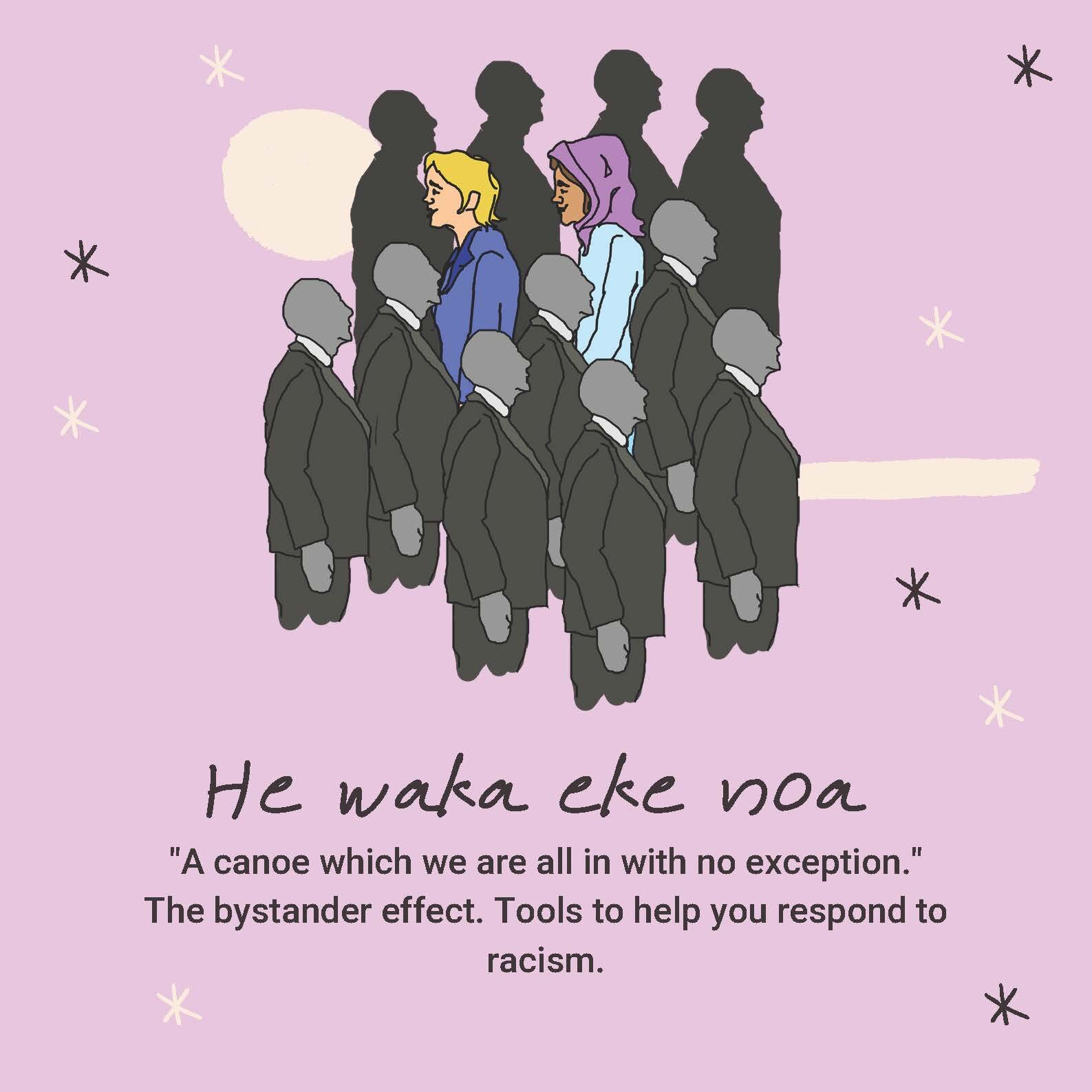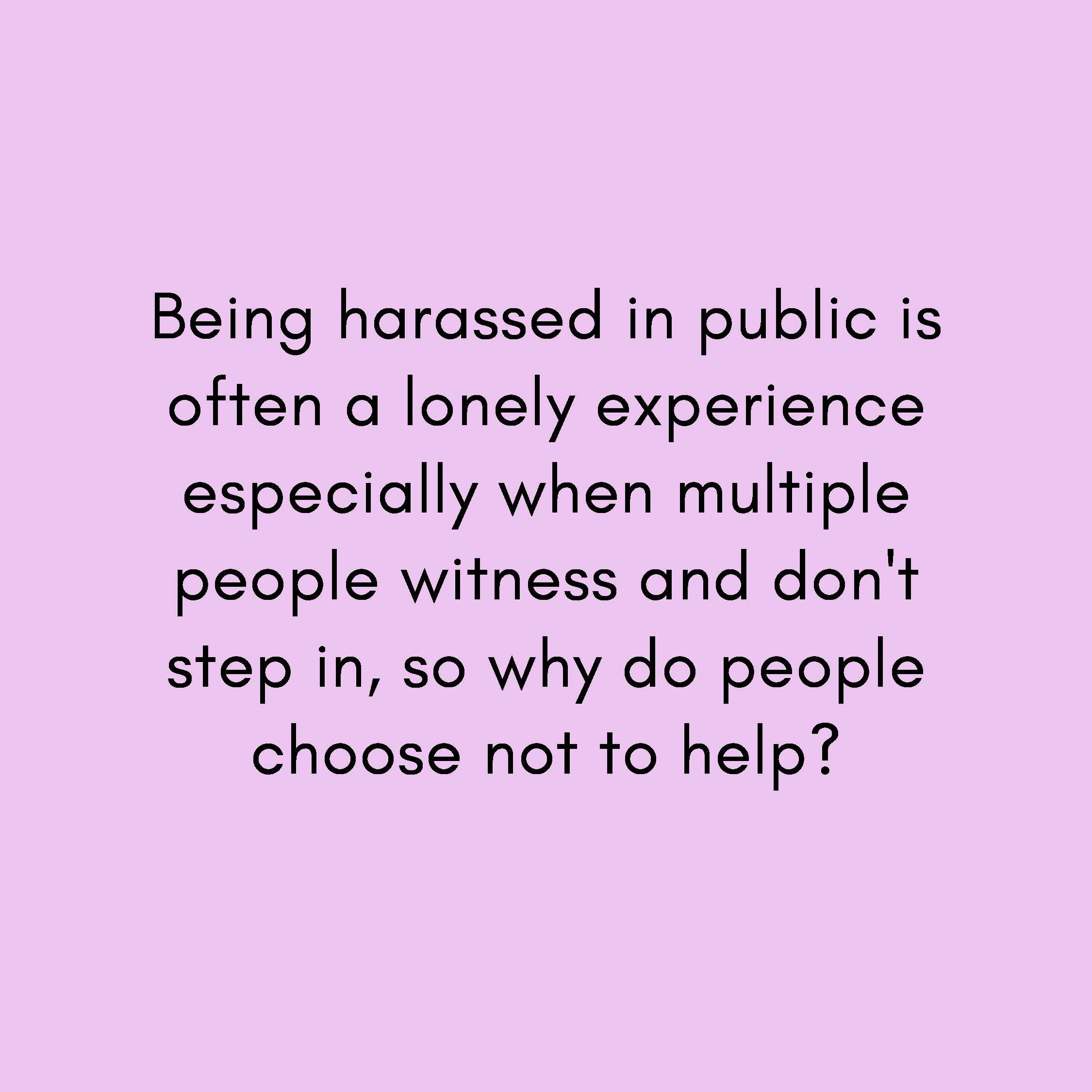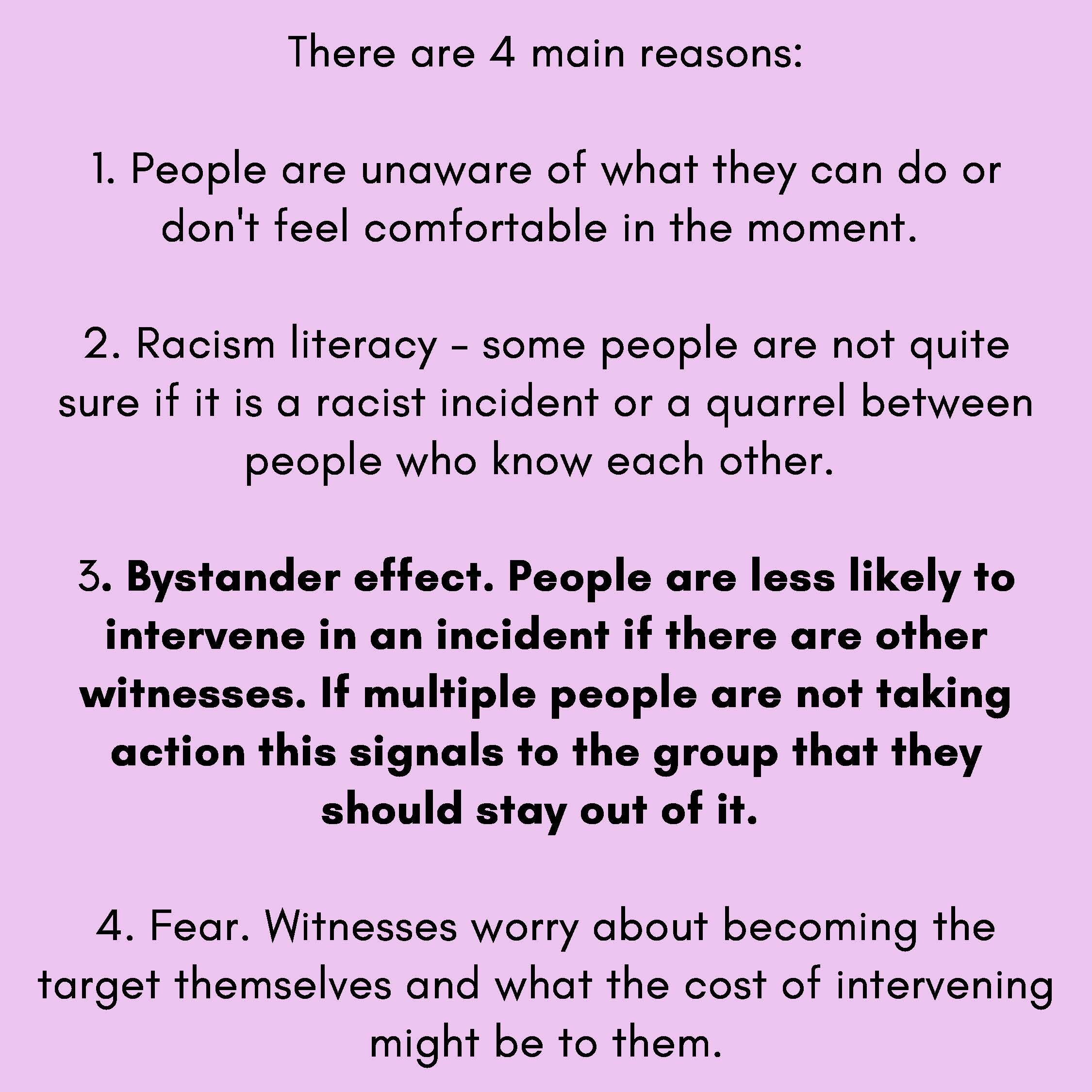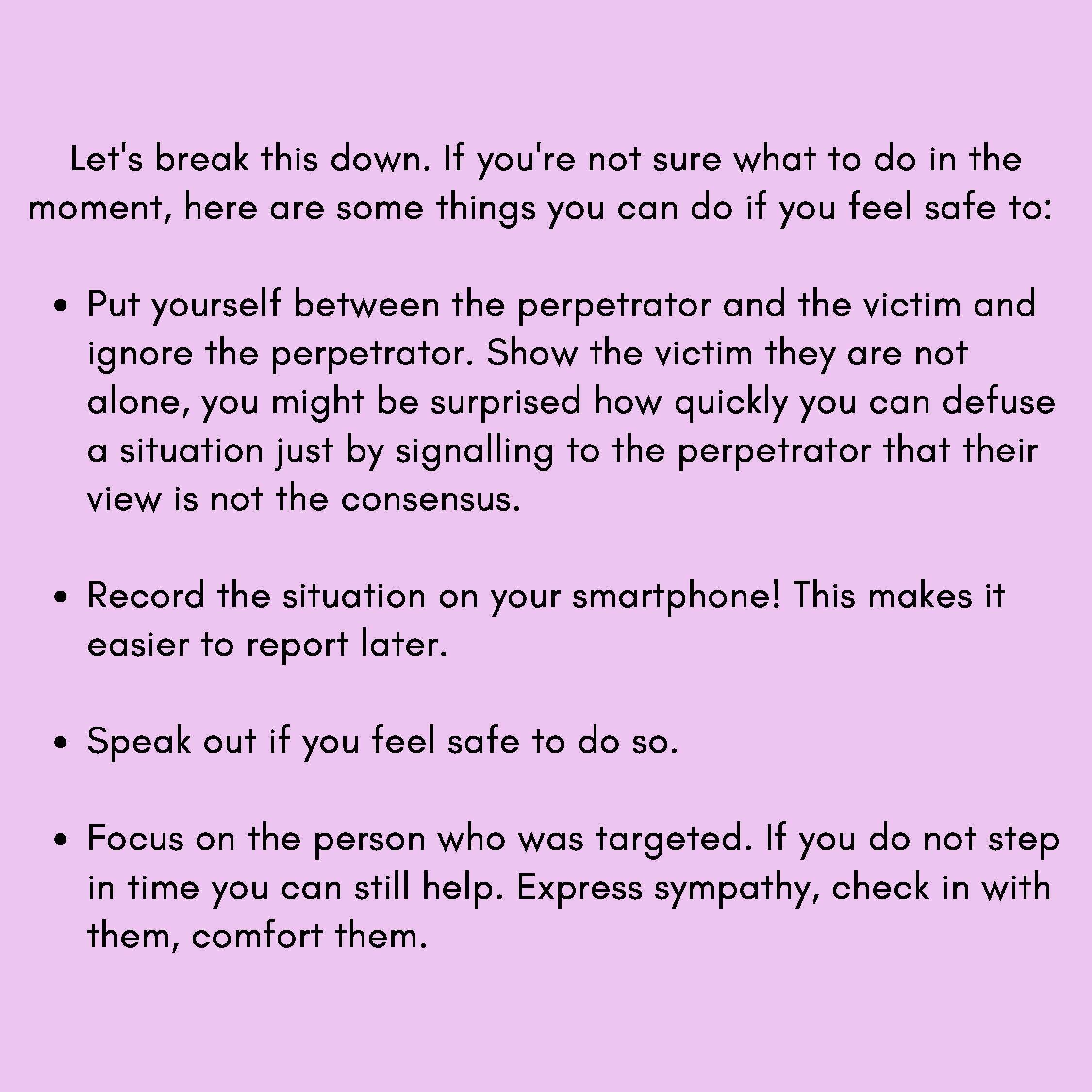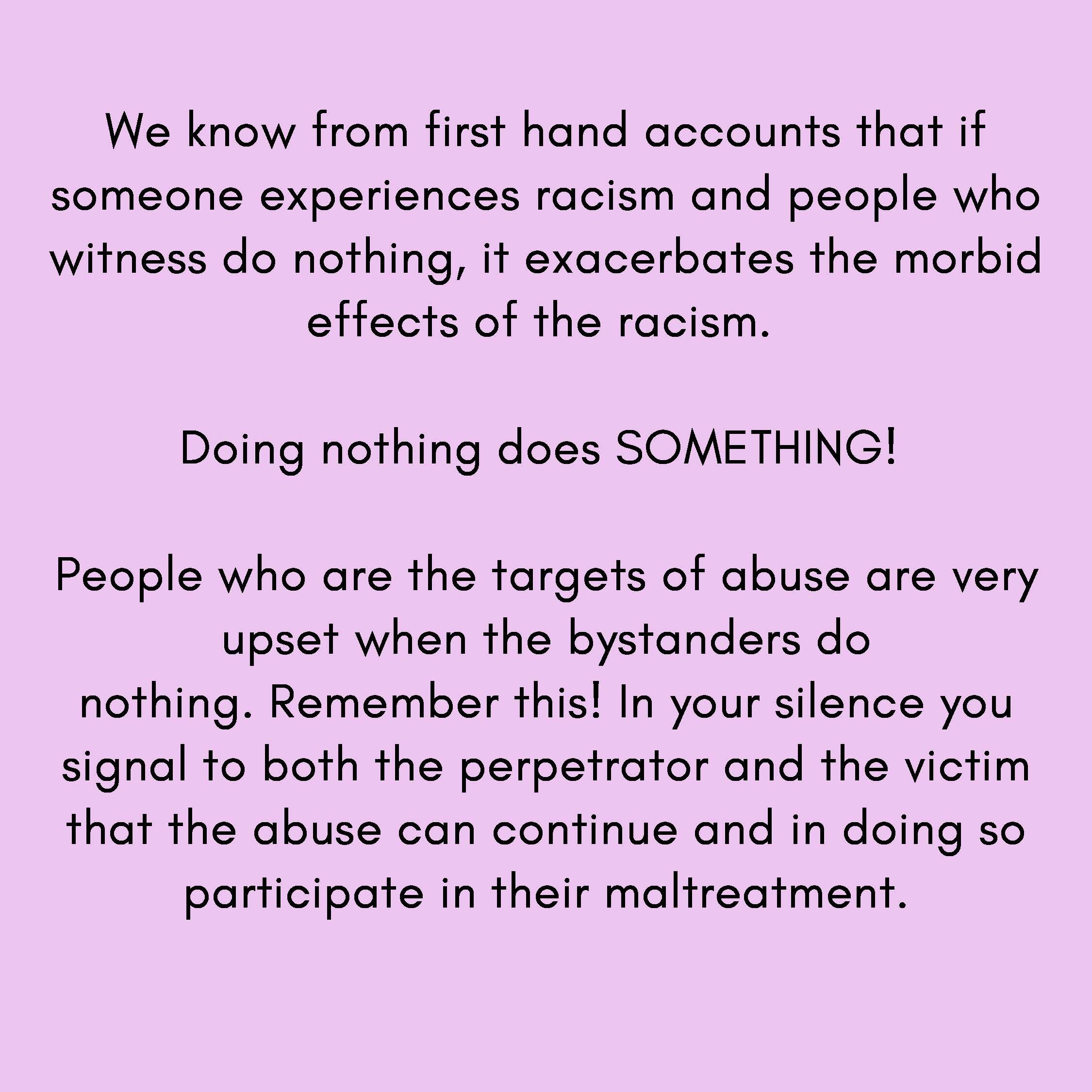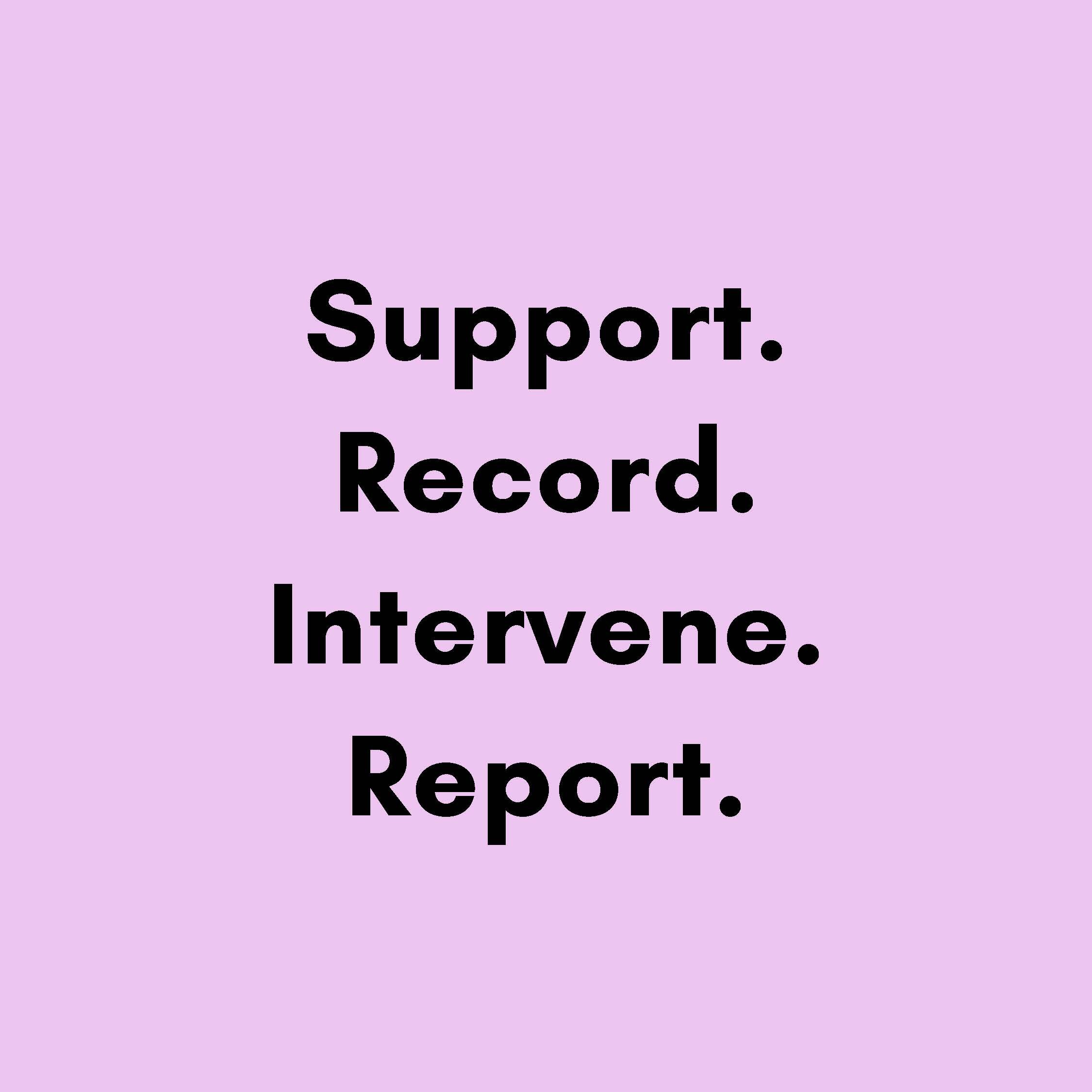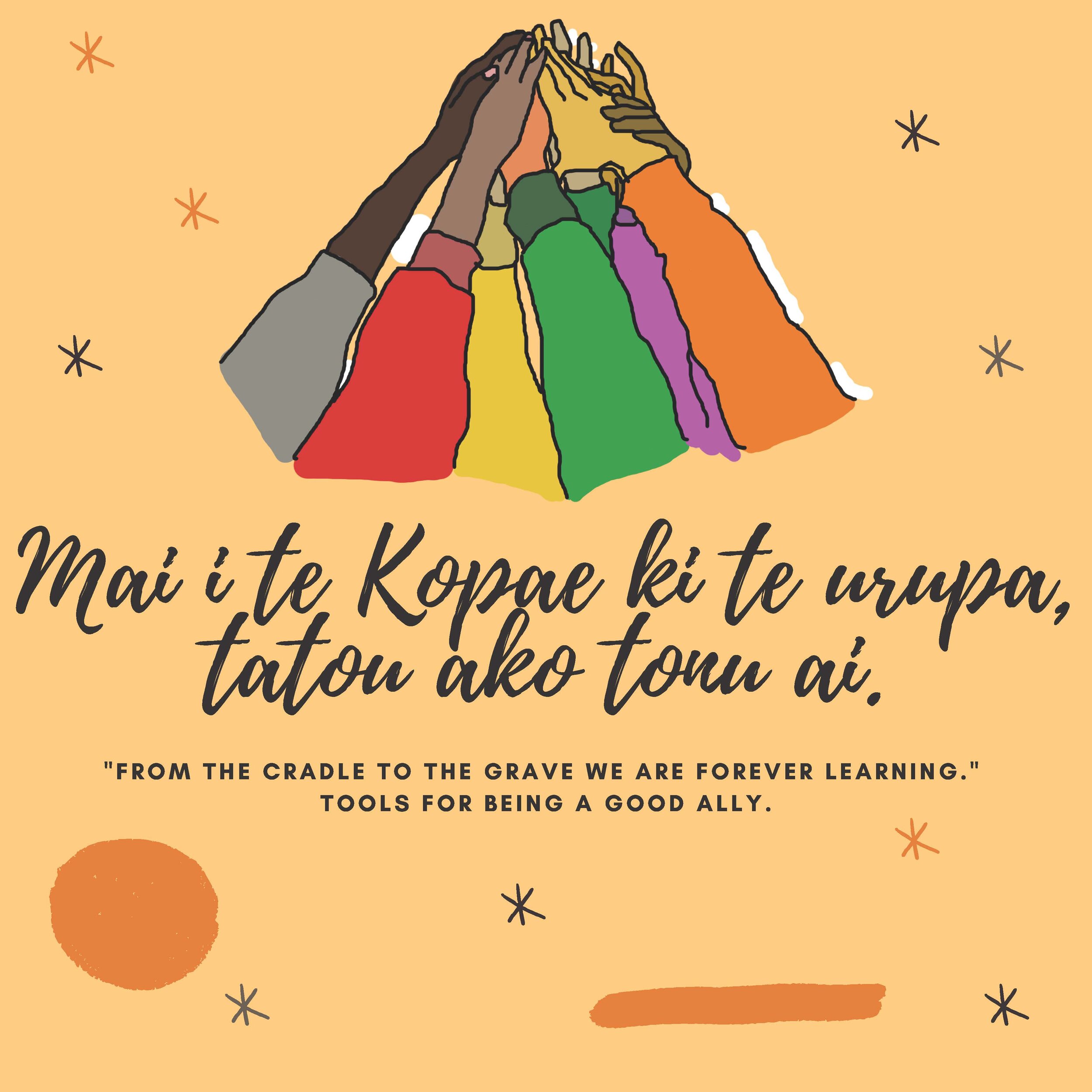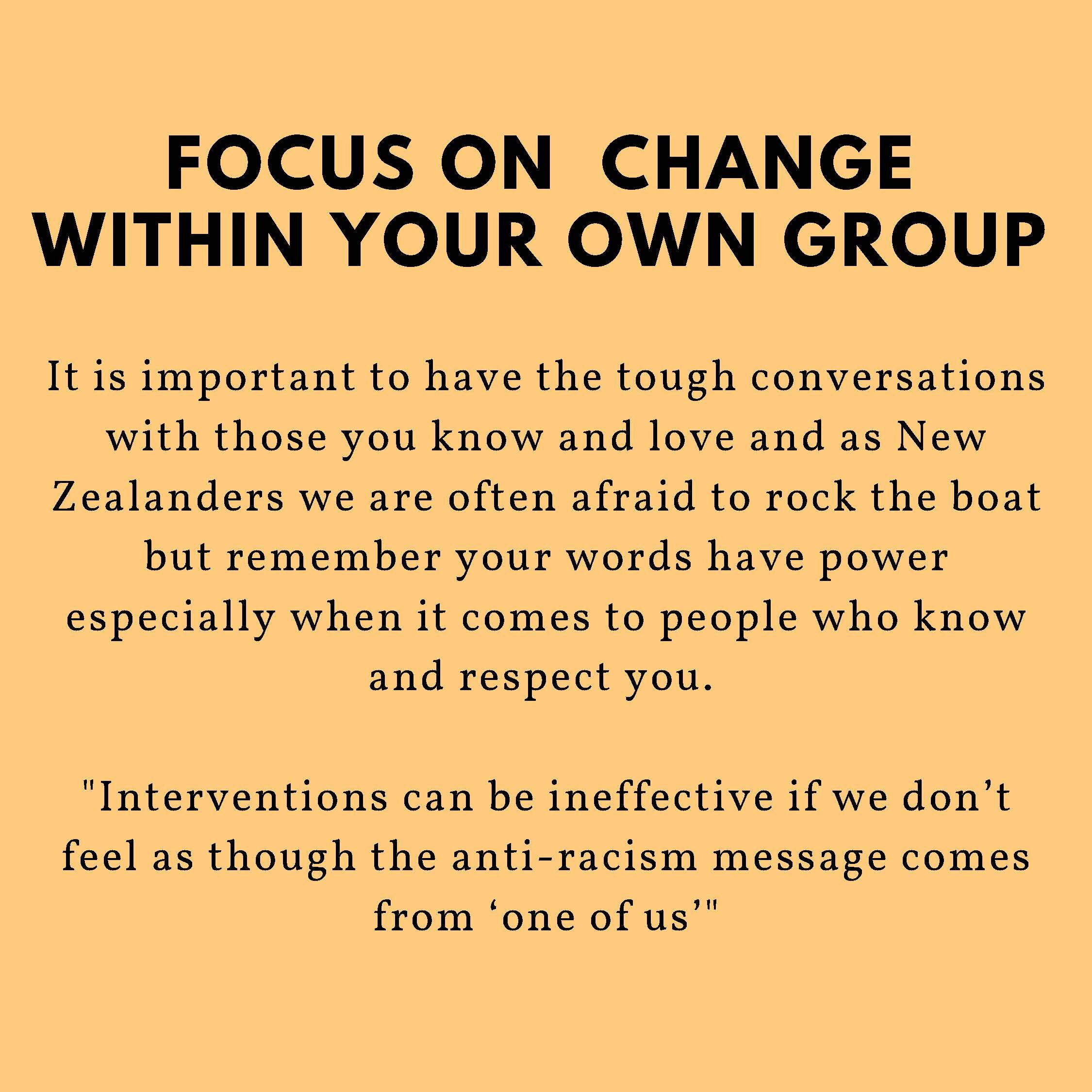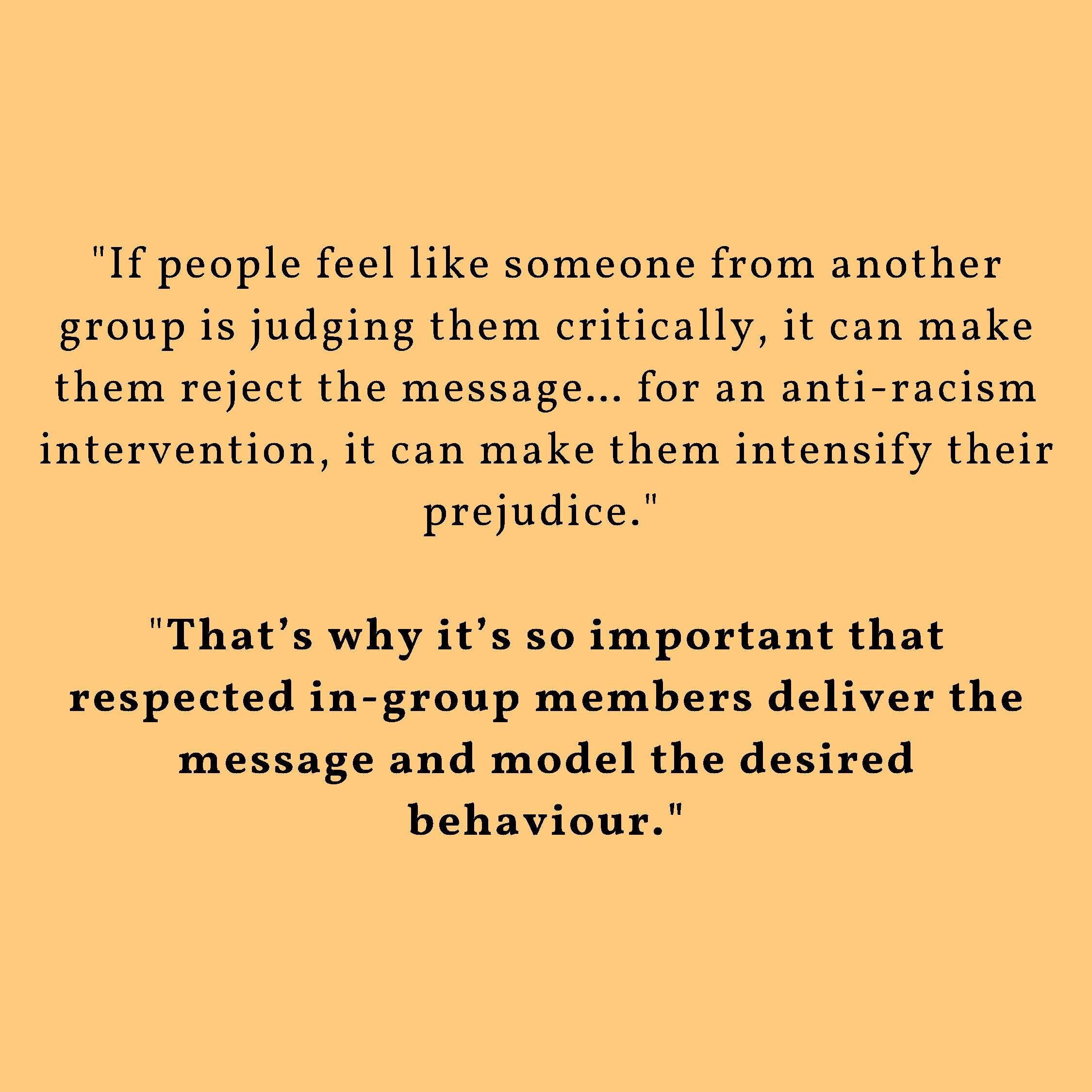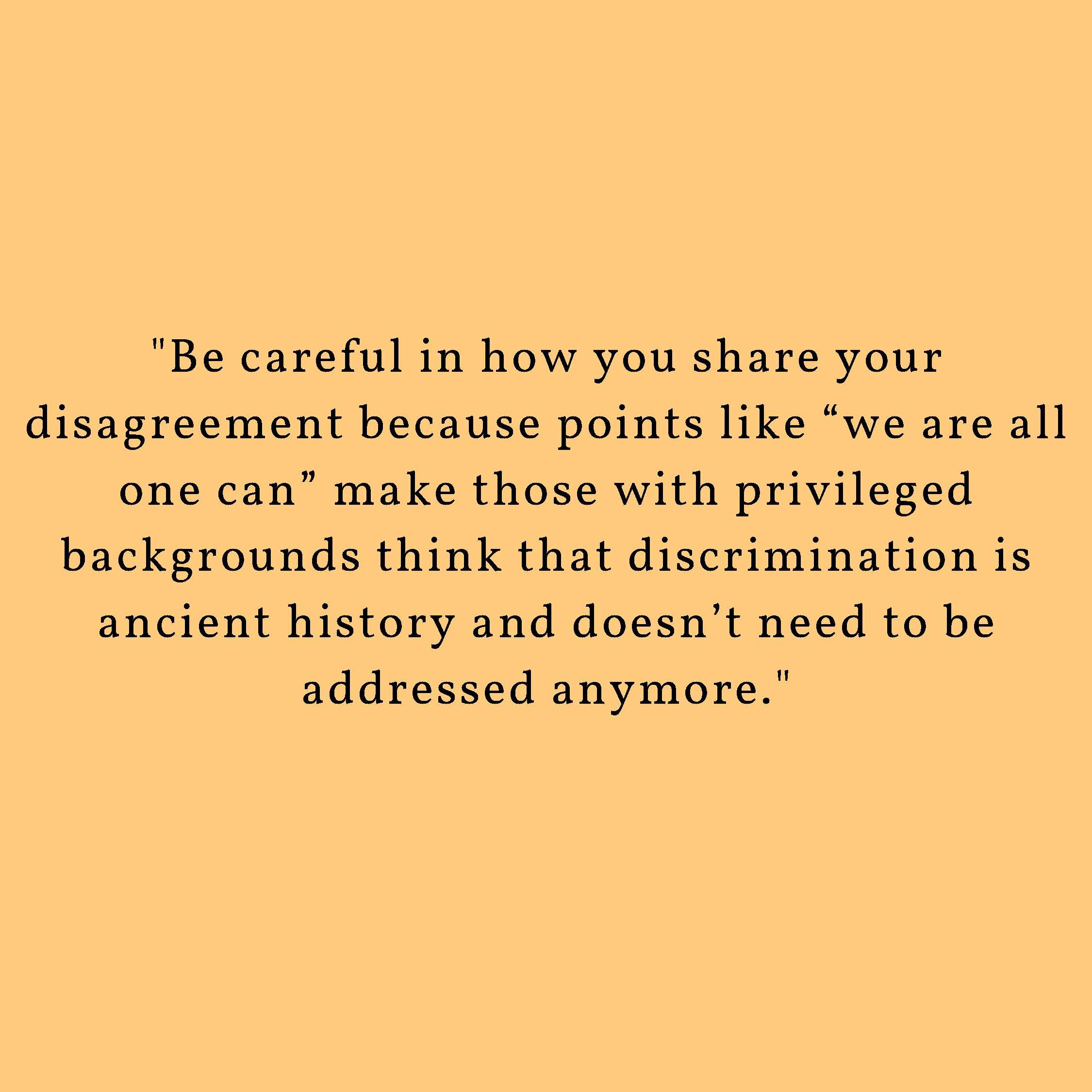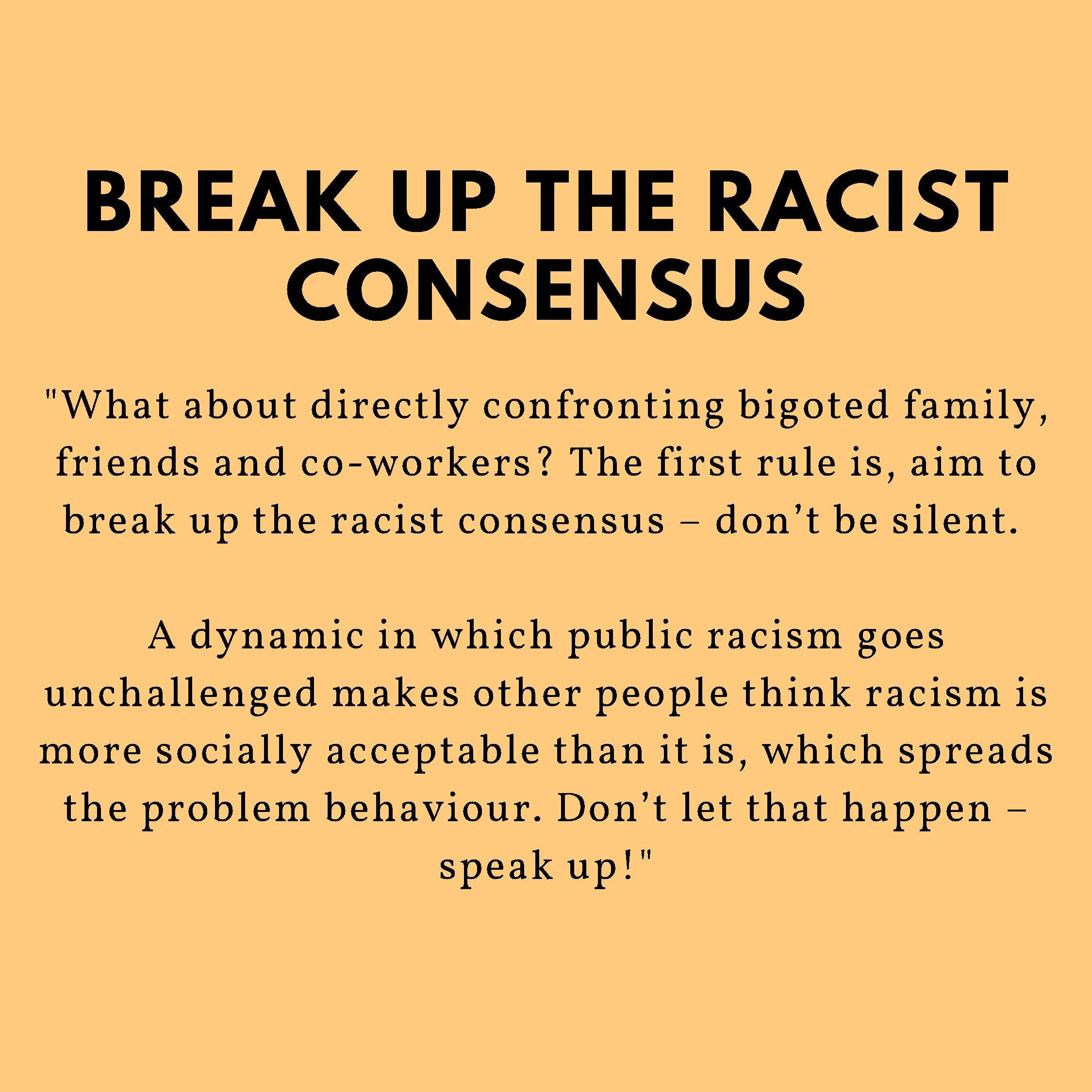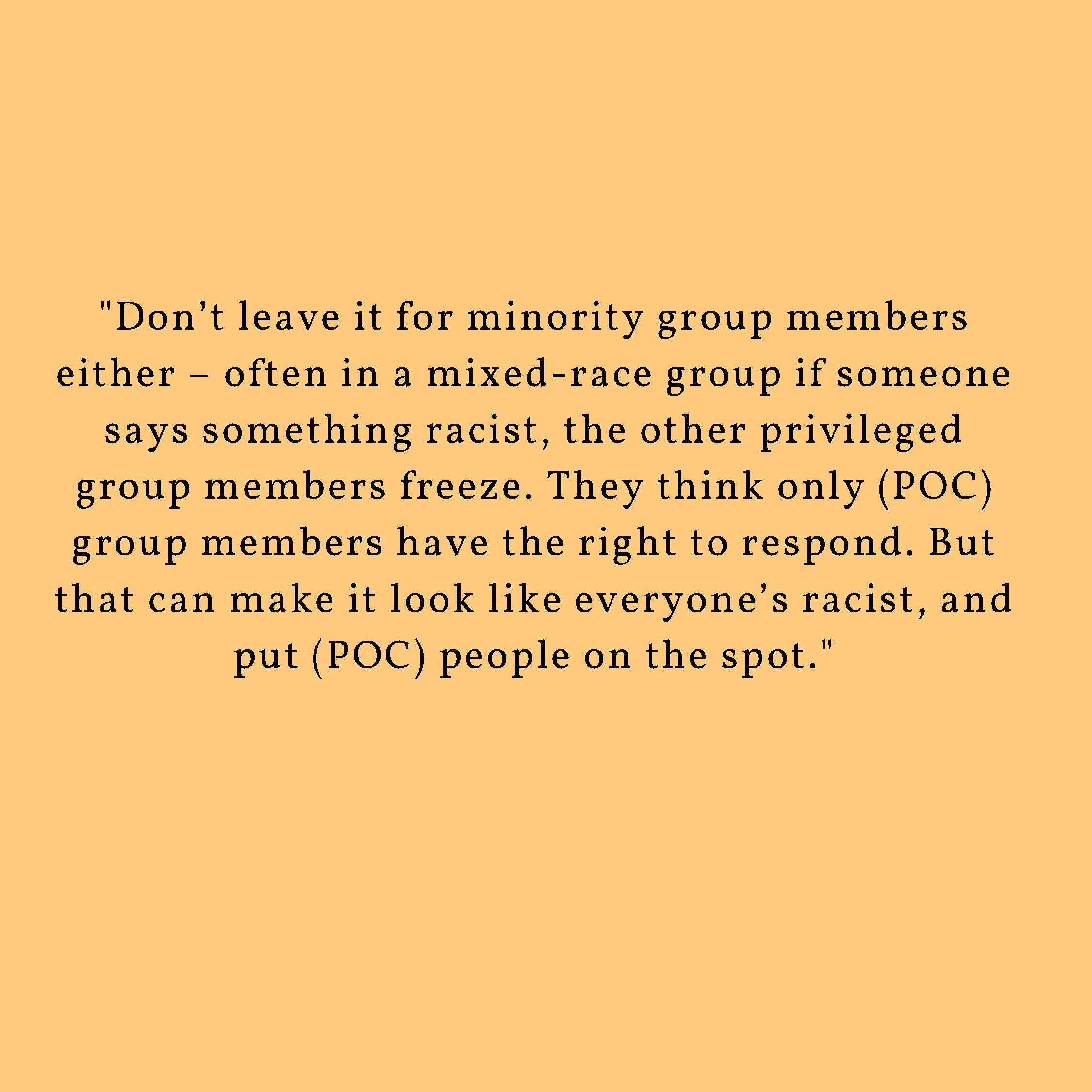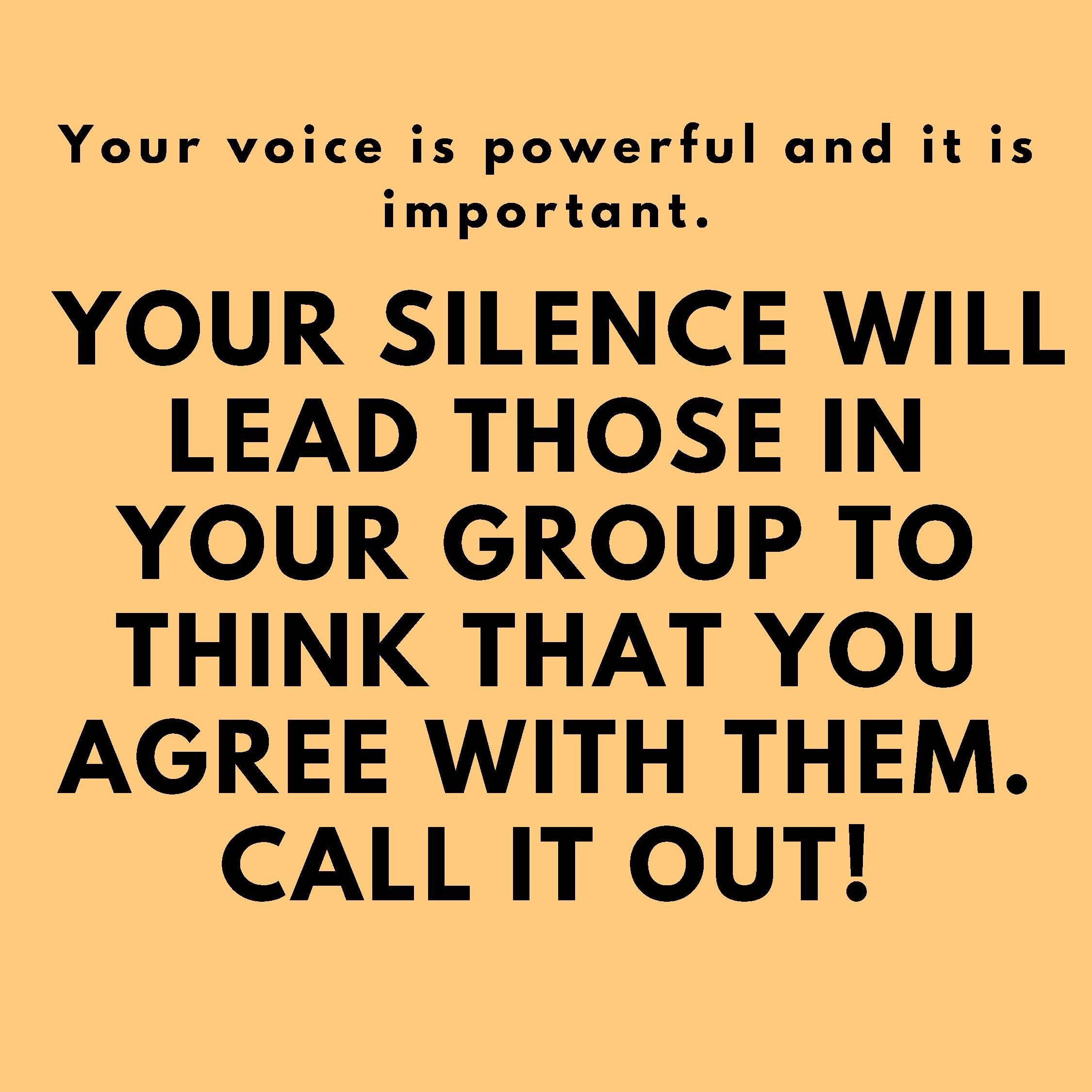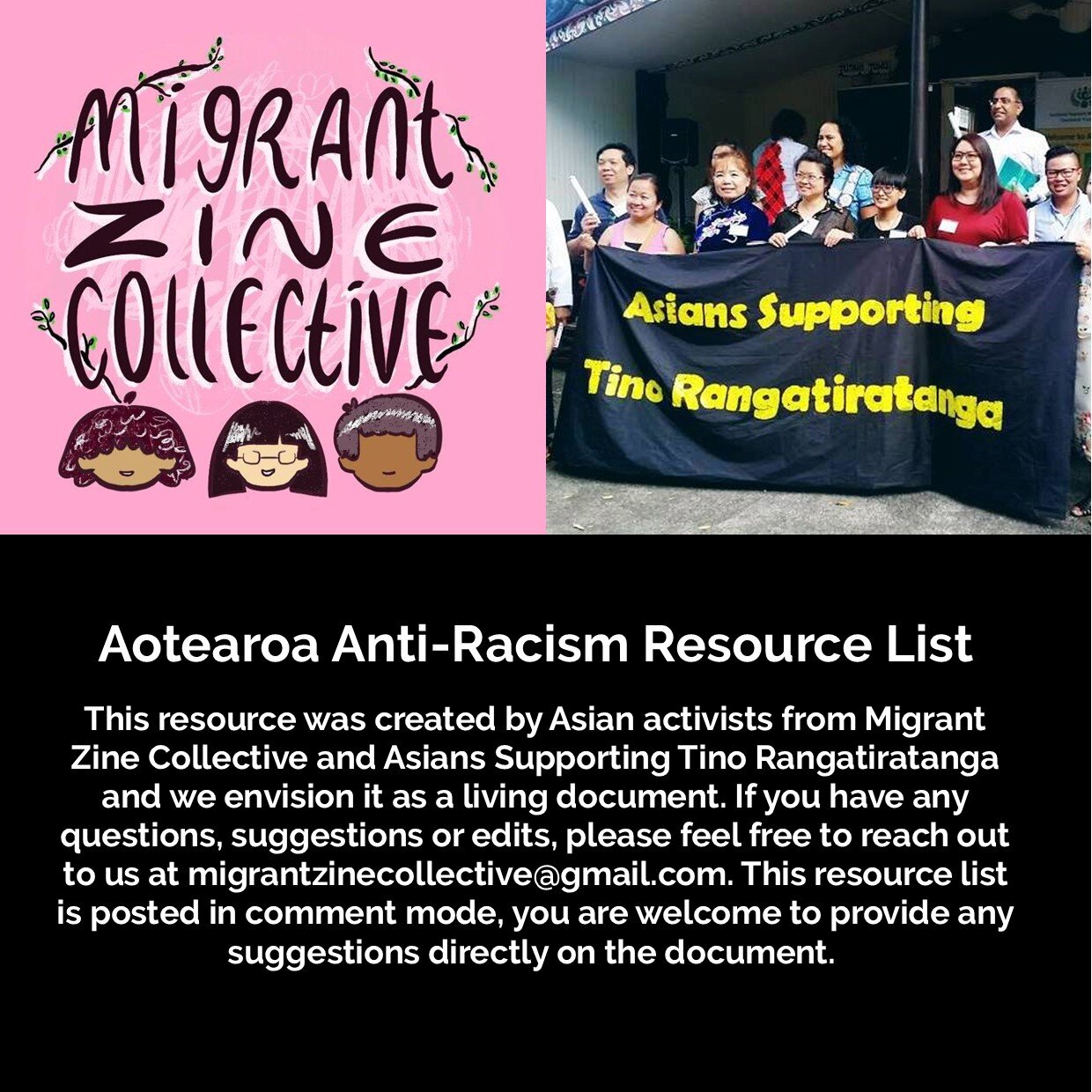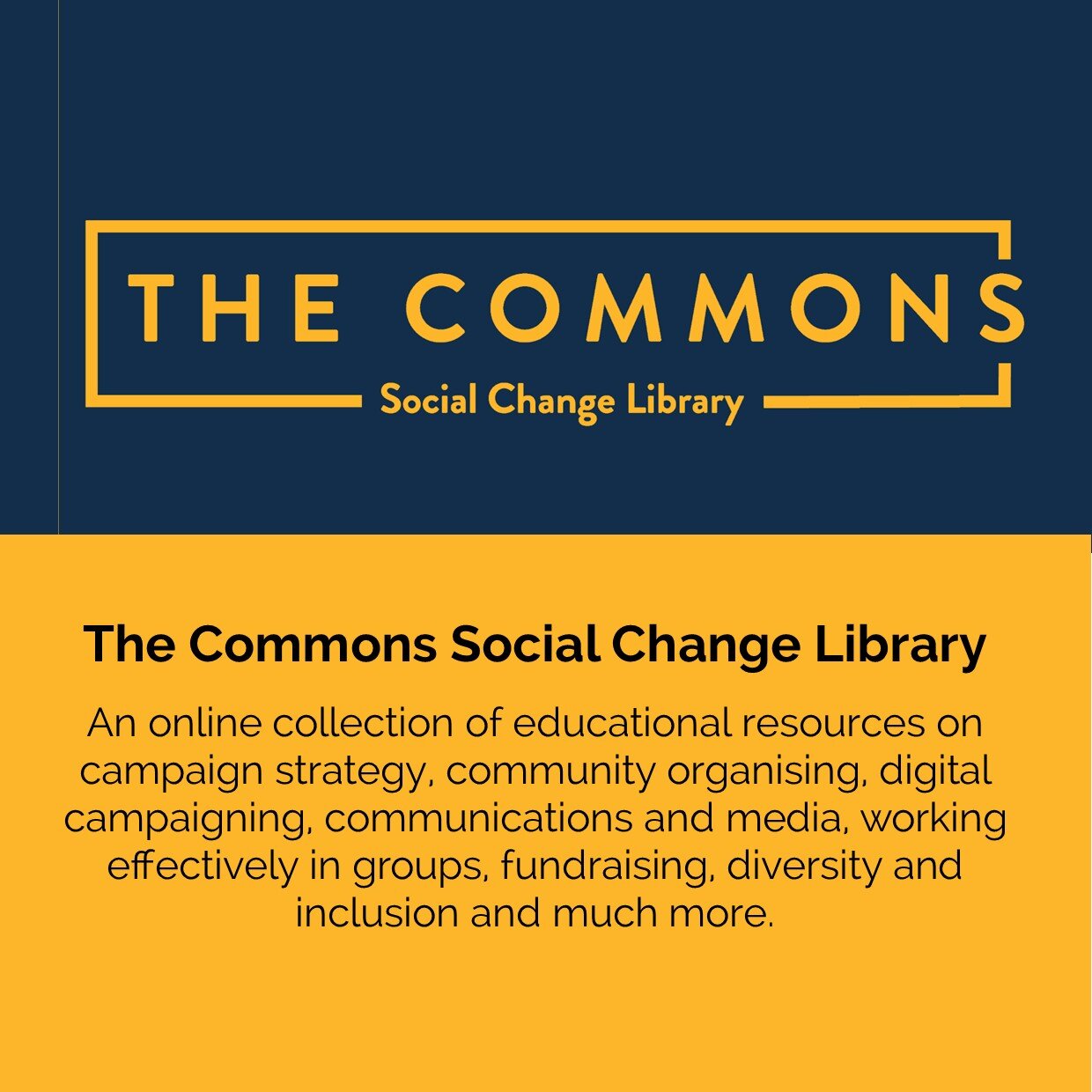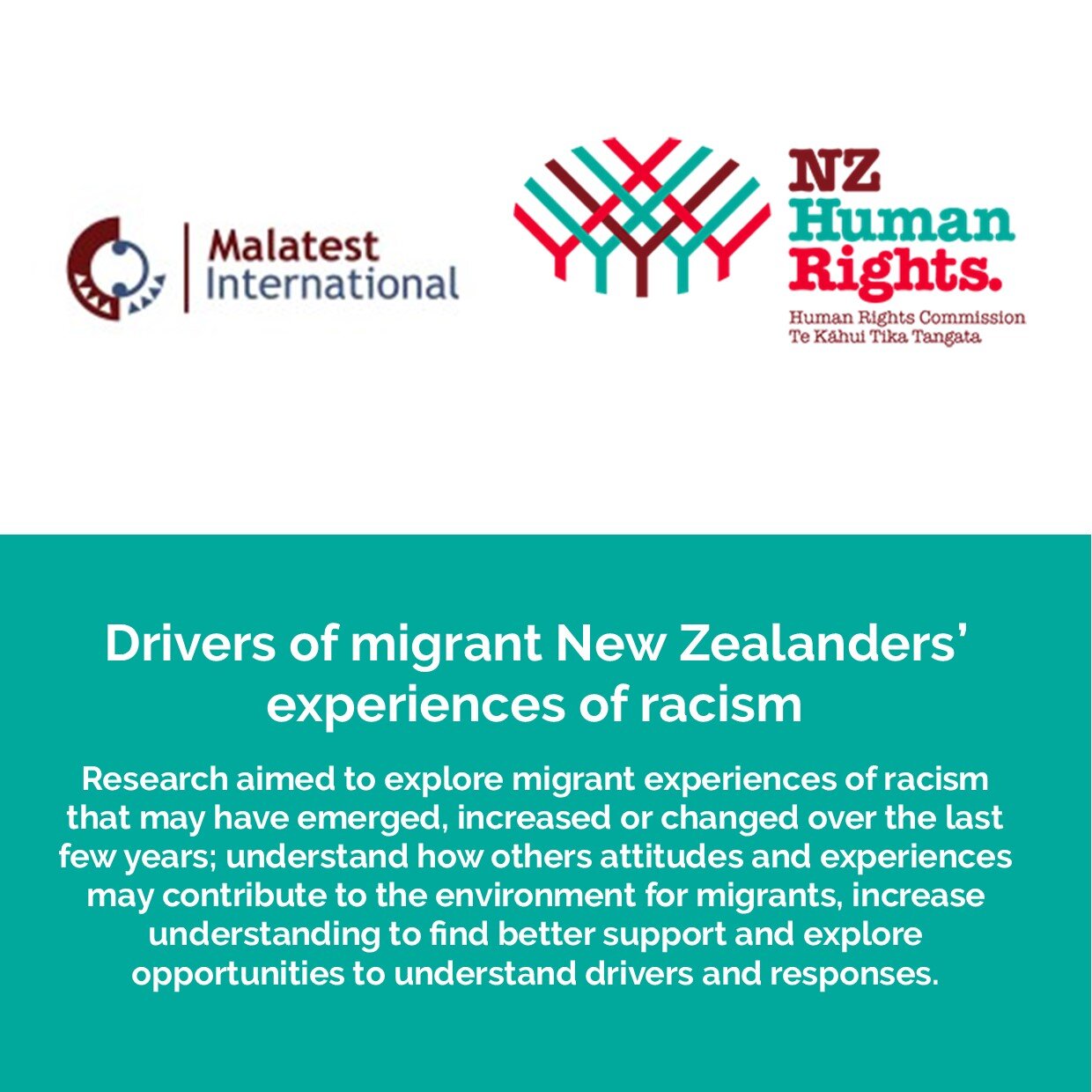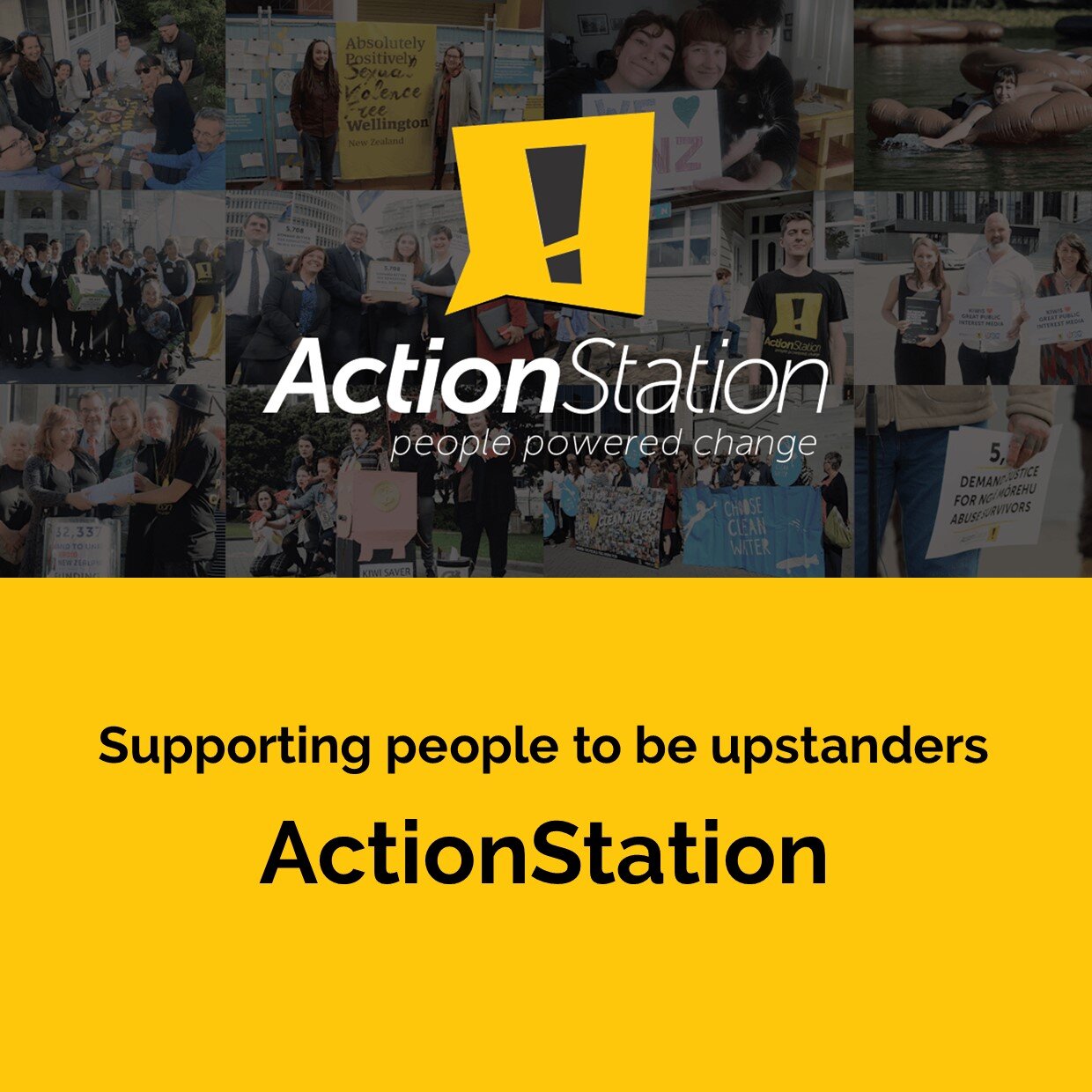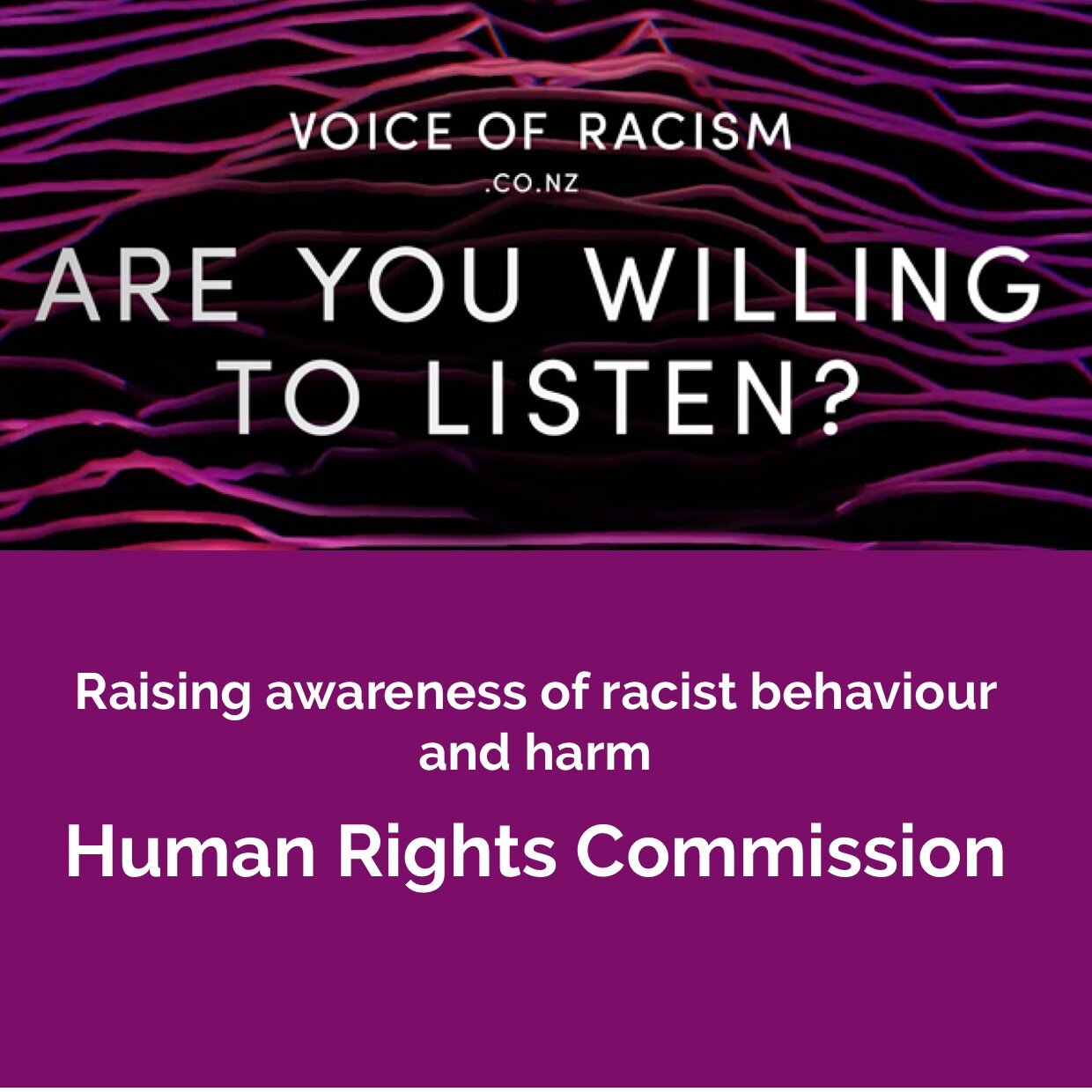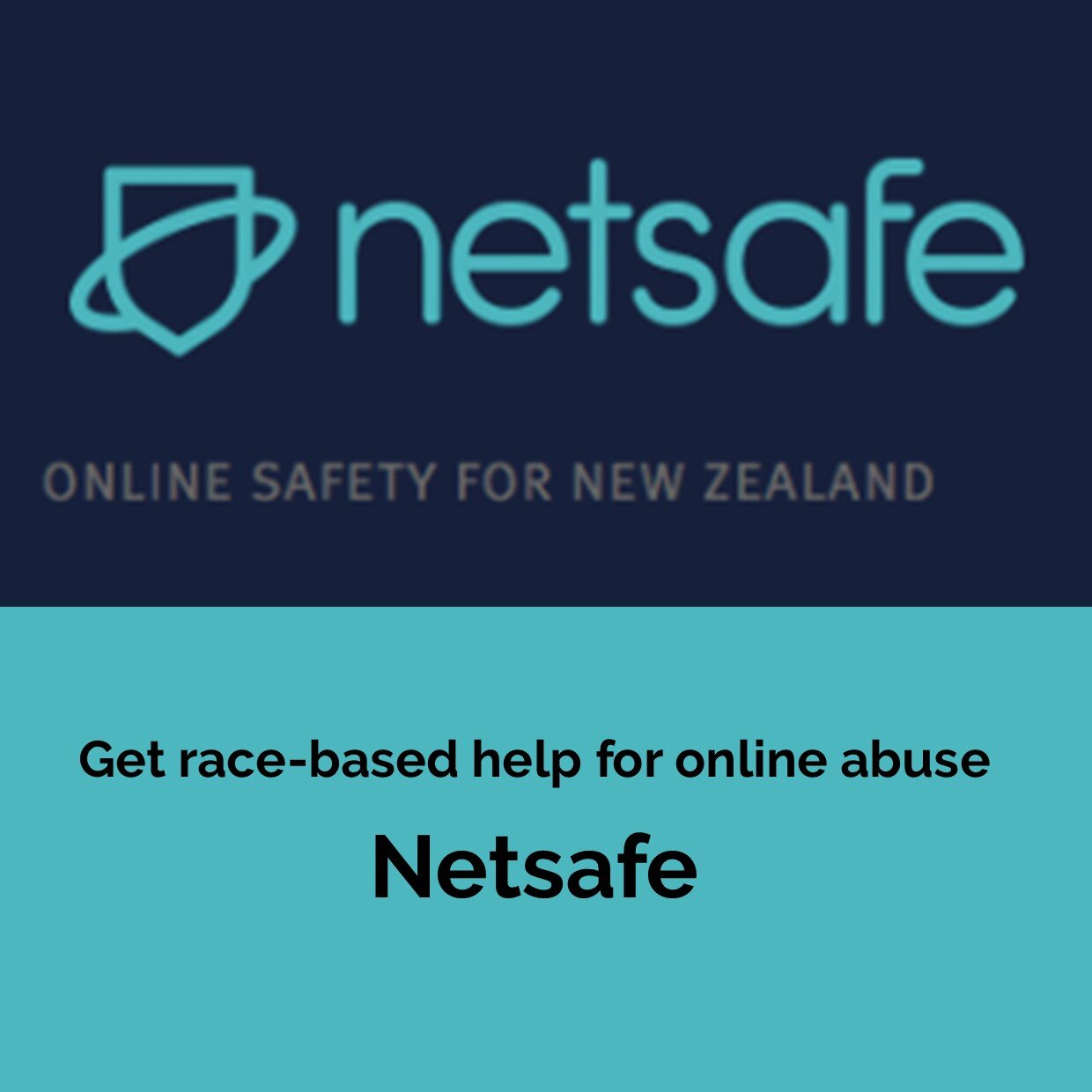We’ve gathered this advice from multiple sources (New Zealand and internationally), which are all referenced.
Insights
Since the Christchurch terrorist attacks on 15 March 2019, our society has been having a long overdue conversation about racism, prejudice and unity.
Racism has severe health and economic consequences for the people experiencing it and it is damaging to social cohesion.
1 in 3 complaints to the New Zealand Human Rights Commission are about racial discrimination. However, the overwhelming majority of people who experience racism don’t make a complaint when they’re humiliated or abused.
The New Zealand Human Rights Commission says many kiwis don’t think racism is a problem. Yet those who don’t consider themselves ‘racist’ still allow casually racist thoughts, actions and comments in their lives.
RESPONDING TO RACISM
Be an upstander
Given the everyday nature of a lot of racism, action by ordinary people, especially those who witness racism, plays an important role in anti-racism.
Standing up to racism can be a powerful sign of your support, even though it can be uncomfortable. Often people don’t respond because they’re afraid of becoming the target of abuse themselves. Here are some tips for you.
Before you respond, always assess the situation and never put yourself at risk
Racist behaviour often takes place in public so if it feels safe to and you want to respond, you could say something as simple as “Why don’t you just leave him/her alone?”
People who experience abuse may feel alone so showing your support for the victim can make the perpetrator think about their actions and show them that their behaviour is not acceptable
If you notice racism being directed towards a colleague, teammate or someone in the classroom say something. If you can’t say anything in the moment offer to accompany them to make a complaint. Most schools, workplaces and sports clubs have policies for dealing with bullying and harassment.
If you don’t feel safe to say something, you can still help!
Be kind. Go and stand or sit with the target of abuse and check if they’re ok
Seek help from someone responsible so if you're on public transport this could be the driver or platform security, if you’re in a bar or club call security or tell a bartender and they can call security for you
If you think that you or somebody else is in danger call the police on 111.
Be an ally
Promote diverse voices #PassTheMic
Be ok with not always being part of the conversation. #PassTheMic
Be there for the good times and the bad
Say something when you hear someone say inappropriate things about people from migrant and former refugee backgrounds
Check with people from migrant and former refugee backgrounds that you are heading in the right direction
Understand that people from migrant and former refugee backgrounds are not all the same.
Have you spotted racist content online? If so, here’s what you can do:
Social media (e.g. Facebook, Twitter and YouTube) and other online platforms can commonly become a hotbed for racism but you can disrupt this narrative by reporting the post to the platform. Remember Facebook, Twitter, Instagram and YouTube all have policies on hate speech so get in touch with them directly if you have to.
If the conversation online is extreme, you can report it to New Zealand Human Rights Commission or the NZ Police.
Other helpful resources
Do you need someone to talk to?
Experiences of racism are traumatic but remember you are not alone and there are people you can talk to. Below are a list key contacts and organisations you can get in touch with for support.
If racism is affecting your mental health:
The Ministry of Health has mental health and wellbeing resources to support you
1737 – Free call or text 1737 any time for support from a trained counsellor.
Lifeline – 0800 543 354 or free text 4357 (HELP)
Youthline – 0800 376 633 or free text 234
Samaritans – 0800 726 666
If you’re experiencing online bullying, abuse or harassment based on your colour, race, ethnicity or nationality:
Netsafe have a free and confidential service to help.
If you want to report racism, get in touch with:
NZ Police on 111
Call the Human Rights Commission to report a human rights complaint – 0800 496 877
International Resources & Campaigns
America’s Police Brutality Centre resource around Racial Profiling
Colorado USA's Stop the spread of racism resources, in response to COVID-19
Canada’s Stop the Spread Campaign, in response to COVID-19
Australia's It Stops With Me Campaign
Western Sydney University’s Bystander Anti-Racism Project and anti-racism resources
Australia’s VicHealth’s program on bystander action to prevent race-based discrimination
United Kingdom’s Generation 3 project designed by Runnymede to explore changing attitudes to race and racism.
Call-out
We understand there are many awesome organisations working to reduce, prevent and eliminate racism in Aotearoa NZ so that we can all belong. If you would like for your resources or website to be added to this resource page, please email communications@belong.org.nz.
We’re keen to join hands with as many allies, organisations and individuals to challenge racism and promote inclusion for our communities.
Be an upstander – Adapted from NZ Human Rights Commission Responding to Racism resource page
If you don’t feel safe to say something – Adapted from NZ Human Rights Commission Responding to Racism resource page



